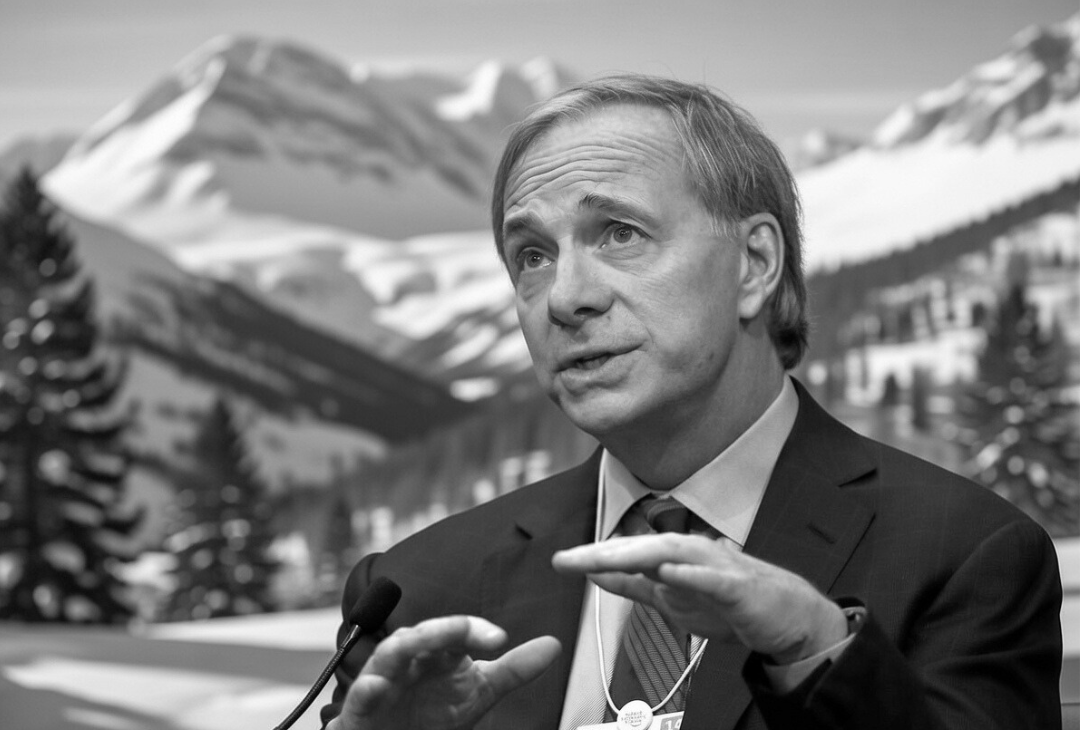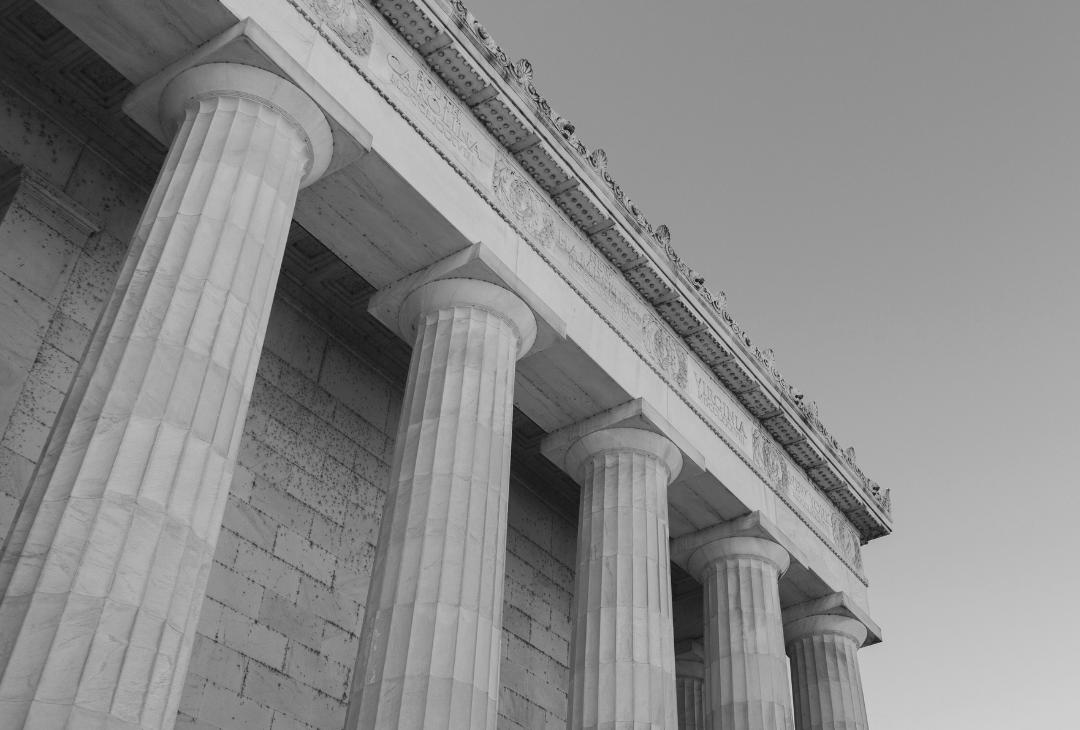August 1st, Swiss Independence Day
The 1st of August is a public holiday in Switzerland and a day that Swiss families love to celebrate full-heartedly – with lots of fireworks, sausages and beer. But most importantly, this is our Independence Day. On August 1st, we remember and cherish the founding of the Swiss Confederation in 1291, when the three central Alpine cantons of Uri, Schwyz and Unterwalden concluded a historic alliance around which the Switzerland of today was built.

Our national day of independence is coming up! Similar to the American Independence Day celebrations, big family gatherings and barbeques are a common feature of the day. Communities across Switzerland celebrate the occasion with bonfires, fireworks, and parades.
A Moment of Celebration, Tradition and Gratitude
Our Swiss Independence Day is a day of celebration. A day – which often goes into the late night - during which the children will be proudly carrying lighted paper lanterns and roaming the streets at night. A day when public and private buildings are decorated with national, cantonal and community flags, and when bakeries make special bread rolls with a small Swiss flag on top. I love those days. They bring back all kinds of great memories of our families coming together to laugh, celebrate, and just enjoy a festive time together.
We live in a quickly changing world. The news is filled with new ideas, or at least ideas that are repackaged as new and revolutionary. Lately, there seems to be a wide-spread eagerness to tear down the remnants of tradition and history. In that context, I really look forward to this year’s 1st of August, a day when we look back at our history, and a day when hopefully we remember and cherish how good we have it.
It has been said that democracy is the worst form of government except all the others that have been tried. ~ Winston Churchill
A Bit of History
The representatives of the aforementioned three cantons in the heart of the Alps, “at the beginning of August 1291”, on the Rütli field near Lucerne, swore eternal allegiance to one another, promising mutual help and assistance, financially and in arms. The alliance was formed primarily against the Habsburgs, also called the House of Austria, one of the most influential royal houses of Europe at that time. They sought to strengthen their position in the strategic region leading to the Gotthard Pass at the time, and they were trying to force the people of central Switzerland into submission and serfdom.
The charter signed on that day signifies the foundation of an independent Switzerland. It represents the beginning of a long and hard journey, including many battles and much bloodshed. Over the following centuries, more cantons joined the alliance one by one. For five centuries, despite social and religious conflicts, these different sovereign states have remained united around four common denominators:
- protect against the outside world;
- maintain peace and public order between them;
- defend their rights and freedom; and
- promote prosperity (money interest alliance).
Today, Switzerland is a confederate nation made up of 26 cantons, also referred to officially as the Confoederatio Helvetica (the Swiss Confederation), thus the CH abbreviation.
For many centuries, Switzerland was a somewhat loose confederation of independent states. It was not a federal state, and as such, was based on numerous treaties and susceptible to many gyrations, skirmishes, and wars. Only in 1848, after the final and last war (the Sonderbund War) was Switzerland transformed into a federal state, with its first constitution promulgated on September 12th, 1848.
It is interesting to note that the Swiss constitution has many similarities with the Constitution of the United States of America, including its Bill of Rights. Just as in the US, the sovereign individual and that individual’s inalienable rights stand at the foundation of the constitution. The constitution provides the cantons with much financial and legislative sovereignty, as long as this did not impinge on the Federal Constitution.
If liberty and equality, as is thought by some, are chiefly to be found in democracy, they will be best attained when all persons alike share in government to the utmost. ~ Aristotle
The constitutional system enacted in Switzerland has worked well. The direct and continual involvement of voters – we vote on initiatives and referendums every 3 to 4 months! – and the resulting identification and political tradition has proven its value again and again. The decentralized approach, giving as much power as possible to the cantons and counties, combined with the unique institutional structure and procedure of Switzerland’s direct democracy, has enabled this small and originally very poor country to thrive and prosper.
It is noteworthy that year after year, this small Alpine country is ranked as the best country to live in the world. This year again, Switzerland took first place worldwide in the latest Best Countries Report from U.S. News & World Report. What is even more impressive is that based on its system of neutrality and direct votes by the citizens every few months, the country has been able to carve out a long and peaceful history.
Thus, in Switzerland, we have so much to be grateful for and should never forget it. That is why I am proud to share a bit of our history and certainly looking forward to our 1st of August celebration…and hoping that we all remember!
We surprised part of our management team, asking them what the Swiss Independence Day means to them. This is how they answered:





